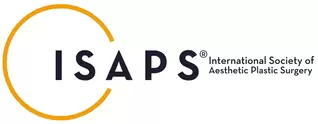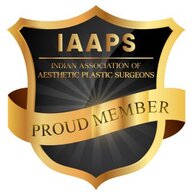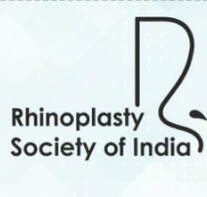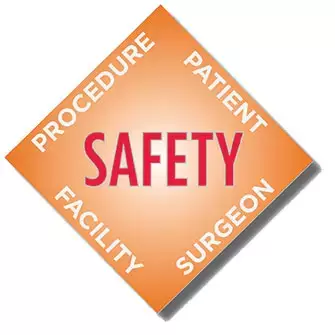FREQUENTLY ASKED QUESTIONS ABOUT PLASTIC SURGERY
1. Are the procedures in plastic surgery painful?
Like other surgical procedures techniques in plastic surgery involve a degree of discomfort in the immediate postoperative period. But these are easily managed with the help of pain medications. Most of the patients are comfortable with the help of medicines.
2. Is plastic / cosmetic surgery costly?
The costs in plastic surgery depend on various factors like duration of surgery, use of implants, anesthesia costs, surgeon fees and duration of stay in a hospital. It also depends on where the procedure is being carried out. The cost of the procedure would go up when the duration of the surgery is longer. It is possible to give a likely expense of the procedure during the preoperative consultation.
3. Are there any long-term adverse effects with cosmetic surgery?
Surgery involves modification of living tissues. In some cases, implants are used to enhance the aesthetics. The implants are chosen only after they are cleared after rigorous testing and have been known to be safe. In most cases the body adapts to the implant to give rise to pleasing effects. Uncommonly they can be subject to reactions in the form of extrusion, exposure or significant capsule formation. It is possible to minimize the occurrence of these events with proper technique. Formation of scar tissue is common to any surgical procedure. It is possible to optimize the appearance of scars in individuals prone to prominent scar formation.
4. Is it possible to undergo surgery without scars?
No. Scar formation is a natural result of the healing process. In elective surgery, it depends on the surgical technique and the intrinsic scarring properties of the individual. Even though it is not possible to alter the scarring tendency of an individual there are various modalities which help us to get favorable scars.
5. What are the benefits of undergoing plastic surgery?
Plastic surgery addresses the appearance ( aesthetics ) and function of a body part. Restoration of both has the benefits of improving body image, self-esteem and confidence level of an individual. The decision to undergo plastic surgery is very personal and so are the benefits of the same.
6. When can I return to work after a plastic surgery procedure?
It depends on the procedure. In the case of office procedures like dermabrasion, removal of moles, scar revision, dimple creation, botox and filler injections patient can return home soon after and resume work the next day.
In the case of more extensive day care procedures, we advise rest for a few days even though patient returns home the same day or the next. Patients are able to return to work in a week and resume activities with heavy exertion between 4 to 8 weeks. Thus, it depends on the procedure undertaken.
7. Can scars following a procedure be treated?
Yes. We routinely advise care with massage and application of moisturizers. In individuals, prone to prominent scars use of silicone sheets is recommended. Uncommonly in individuals with hypertrophic scars pressure garments may be advised.
8. Is it necessary to undertake any precautions before a plastic surgery procedure?
It is useful to take care of certain aspects. Some of them include:
1. Discontinuing the use of herbal supplements for 3 weeks before the procedure. Many of these agents are associated with increased risk of bleeding.
2. Use of platelet thinning agents needs to be discontinued for a week before surgery. Use of these agents should be brought to the attention of the doctor. An opinion of a cardiologist or physician may be sought regarding the temporary stoppage of use of these drugs.
3. Elective procedures are usually postponed till any signs of infection are cleared. For example, we prefer to wait for the resolution of breakouts of acne before undertaking rhinoplasty ( nose job).
4. Stop smoking for at least 2 to 3 weeks before the procedure. Smoking impairs wound healing and is associated with greater complications and can impair the surgical result.



